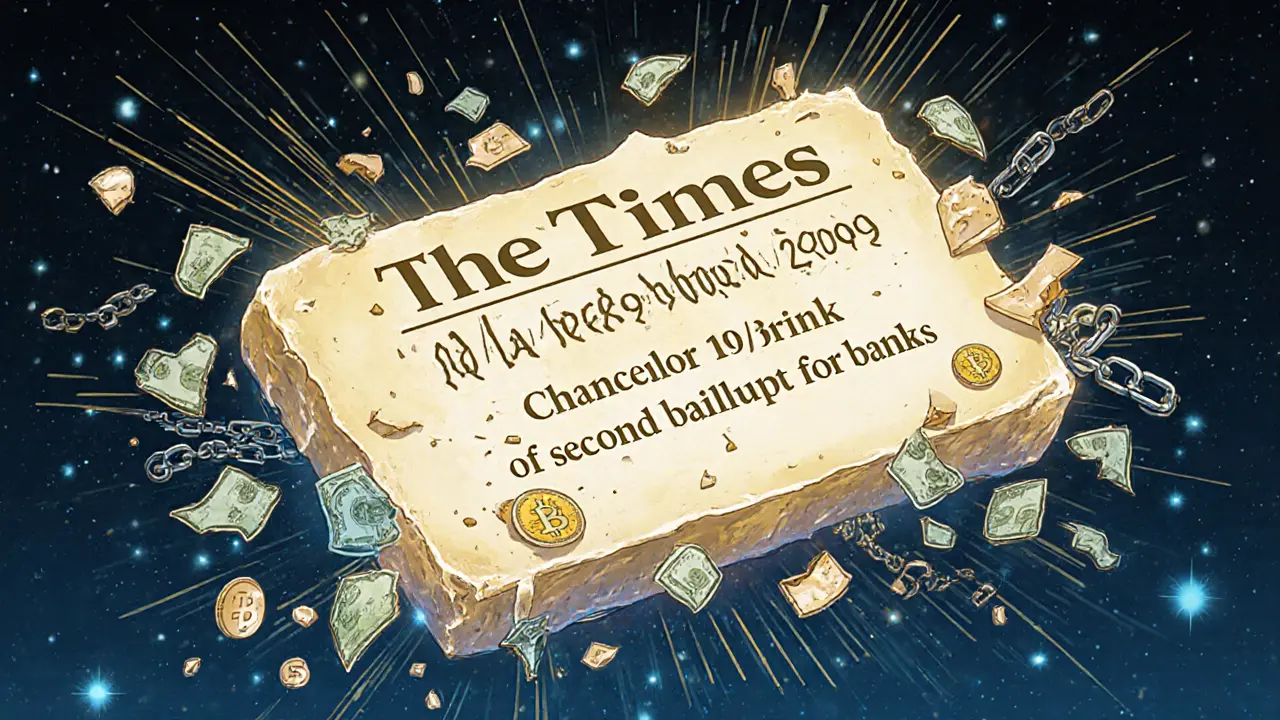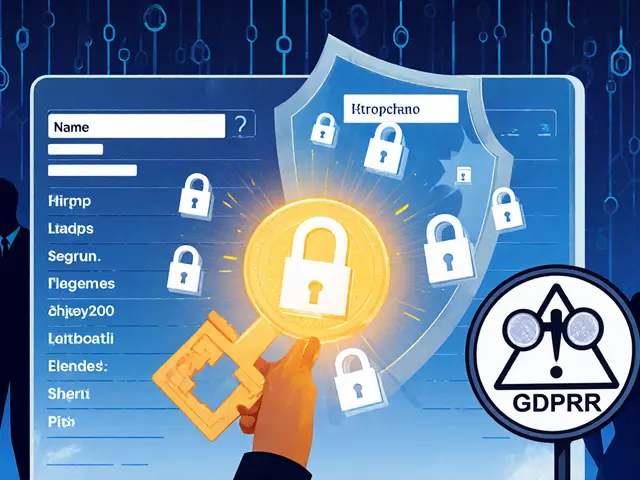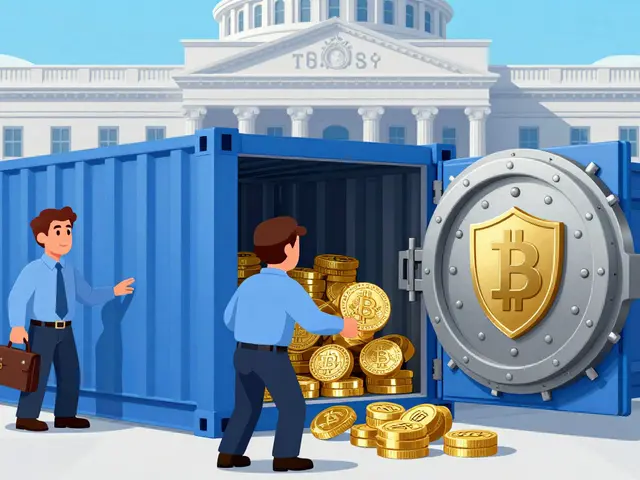Genesis Block: What It Is and Why It Matters in Crypto
When you hear Genesis Block, the very first block in a blockchain, created by Satoshi Nakamoto in January 2009. Also known as Block 0, it’s not just code—it’s the origin point of every cryptocurrency that followed. This block didn’t just record a transaction—it proved that a decentralized system could work without banks, governments, or middlemen. Inside it was a hidden message: "The Times 03/Jan/2009 Chancellor on brink of second bailout for banks." That wasn’t random. It was a statement. A rebellion. A signal that this new system was built to fix what the old one broke.
The blockchain, a public, immutable ledger where every transaction is chained together only exists because of the Genesis Block. Without it, there’s no chain. No history. No trust. Every Bitcoin, Ethereum, or Solana token you’ve ever heard of runs on the same idea: a chain of blocks, starting from one. And that one was locked in stone—literally. The Genesis Block can’t be changed, deleted, or altered. It’s the anchor. The proof that the system started exactly as designed. Even today, when you check a wallet or trace a transaction, you’re following a path that begins at that first block.
It’s not just about Bitcoin. The concept of a Genesis Block became the blueprint for every new crypto project. Whether it’s a DeFi token on Polygon or a gaming coin on Binance Smart Chain, they all start with a first block. Some copy it. Some tweak it. But none can ignore it. Even when exchanges get shut down in India or regulations tighten in Vietnam, the Genesis Block remains untouched. It’s the one thing no government, no bank, no CEO can control.
That’s why you’ll find posts here about banned exchanges, risky tokens, and airdrops—all rooted in the same truth: crypto’s power comes from its foundation. If you don’t understand the Genesis Block, you’re just chasing price charts. But if you get it, you see why decentralization isn’t a buzzword—it’s the reason crypto exists at all.
Below, you’ll find real-world examples of how this idea plays out today—from tokens with no real use case to exchanges that ignore basic security. You’ll see how the same principles that made the Genesis Block unbreakable are being tested, ignored, or exploited right now. This isn’t theory. It’s what’s happening. And you need to know it.






